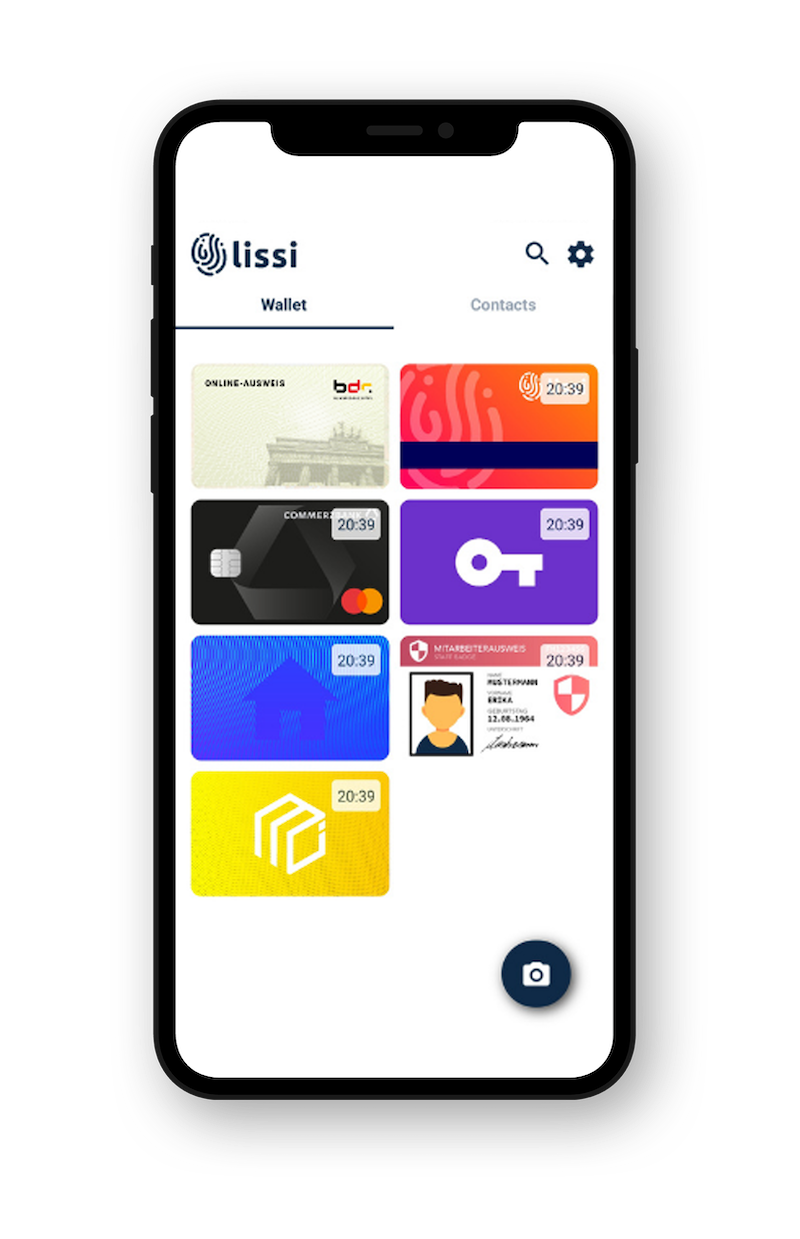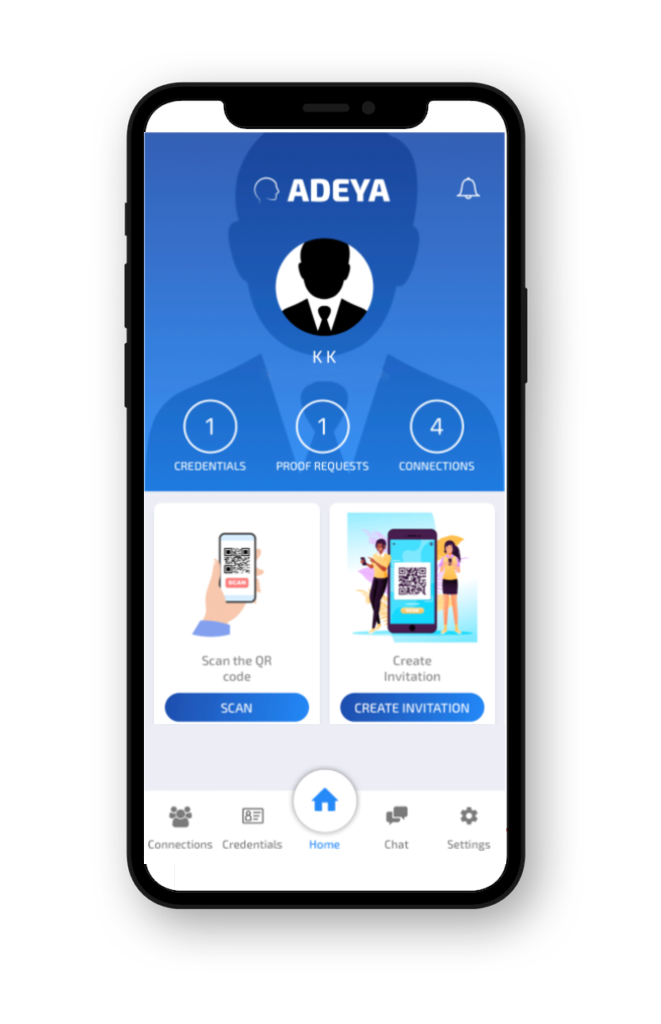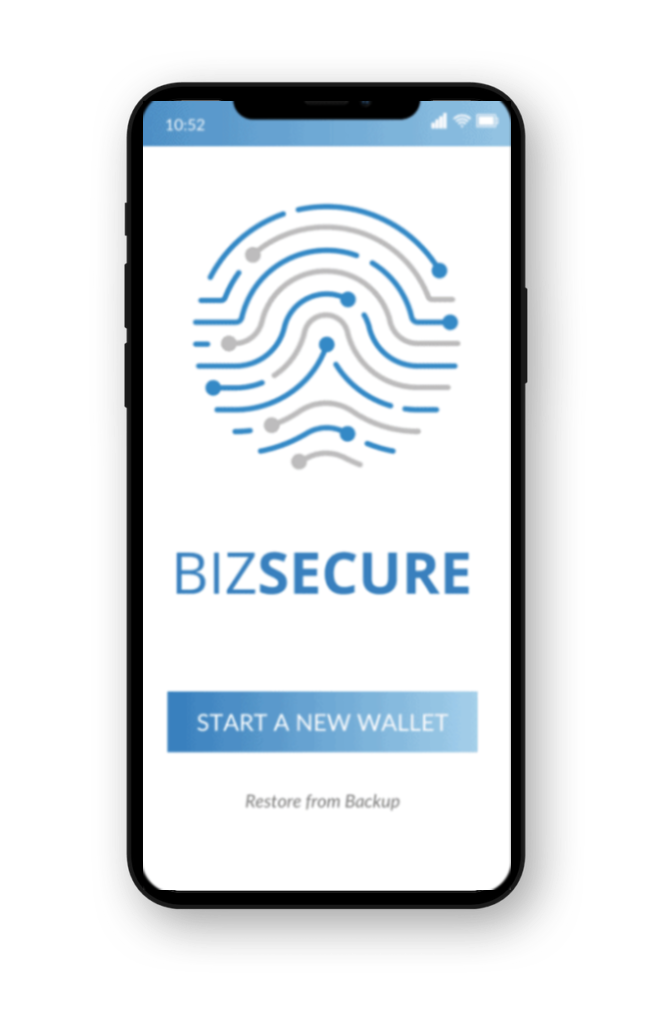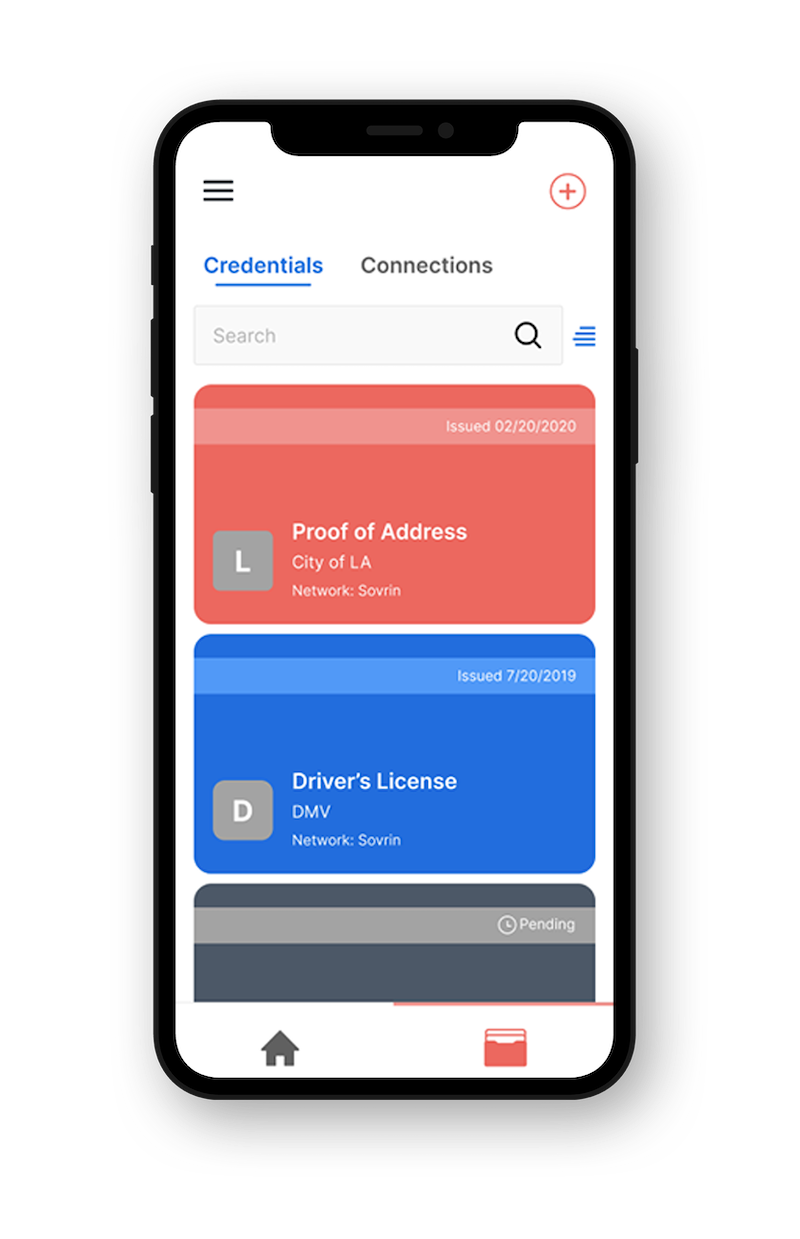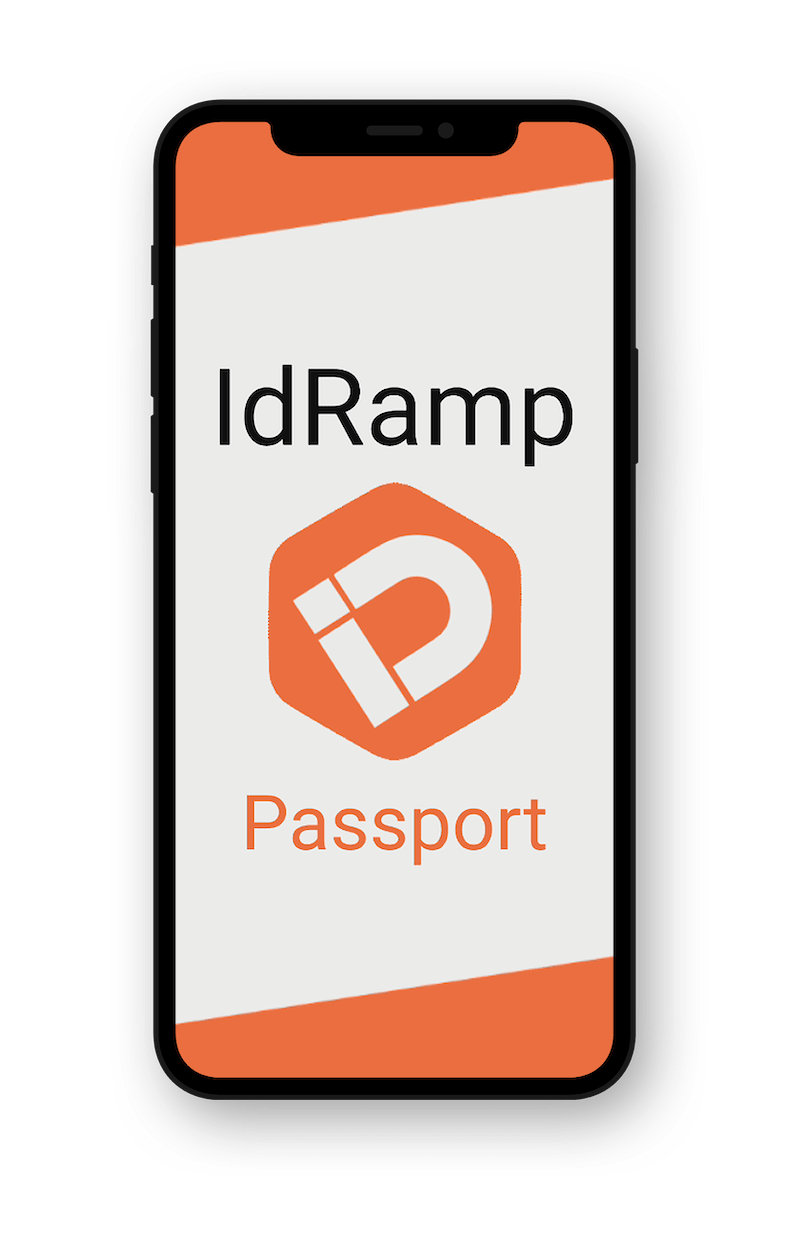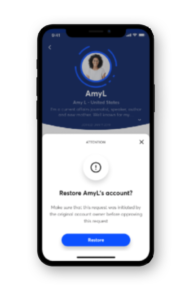New to self-sovereign identity? Looking to learn more? I’ve made you a list of this week’s top five reads along with brief summaries to help you keep tabs on the latest developments, thought leaders, and innovations in the digital identity world.
- ION, Microsoft’s Decentralized Identity System, Launches Beta On Bitcoin Mainnet by Peter Chawaga – 6/10/20, Bitcoin Magazine
TL:DR
- ION, a Microsoft-led decentralized identity system first announced in May 2019, has been officially moved to Bitcoin’s mainnet. ION’s main goal is to give end users DIDs (decentralized identifiers), replacing the need for usernames.
- Built on Bitcoin’s blockchain, ION decentralizes the way that messages and application data is encrypted and exchanged, giving users the ability to control their own identifiers and credentials.
- Online identity hasn’t changed much since the early days of the internet, relying on basic usernames and passwords which are often forgotten and easy to hack. Decentralized identity eliminates cumbersome login processes and adds extra built-in security.
- Building Trust: Lessons from Canada’s Approach to Digital Identity by Sunil Abraham – 6/5/20, Observer Research Foundation
TL:DR
- Canada has been bold in their approach to new identity technologies, and in many ways, is leading the charge to implement decentralized identity use cases at a government level. Other governments should carefully observe the lessons being learned from Canada’s identity initiatives in order to identify best practices and development methods for their own efforts.
-
A “conformity criteria” has been developed in Canada that enables users to independently choose which partner, device, or platform they use to manage their decentralized identity. This provides the end user greater autonomy, while incentivizing providers to remain competitive and innovative by building trusted systems.
- The author emphasizes the importance of having identity solutions that can operate beyond borders with global compatibility, ensuring the rights of immigrants, non-citizens, and citizens alike. For interoperability to succeed, emphasis needs to first be placed on ecosystem development and standards development rather than vendor-dependent solutions.
- How Self-Sovereign Identity Can Revolutionize Insurance by Arjun Govind and Victor Boardman – 6/7/20, Medium
TL:DR
-
Insurance processes have gotten easier over the years, once requiring loads of paperwork and scanned documents. Many of these processes have gotten more user-friendly, moving to app-based platforms. However, insurance companies still rely on outdated methods of ID verification.
- Verifying information is a costly, cumbersome, and labor-intensive process. Insurers must gather large amounts of customer information to simply offer quotes. If customer info were presented as a verifiable credential, it could be verified instantly— saving massive amounts of time and money.
- Insurance companies are subject to KYC (know your customer) regulations. Failure to identify nefarious activity can result in heavy fines, forcing companies to painstakingly identify every customer with archaic methods. Self-sovereign identity technology eliminates the need for companies to manually pore through scanned and digital documents to verify who someone is. With a verifiable credential, an insurance company can verify someone’s identity on the spot.
- Decentralized Identity: Key Concepts Explained by Anonyome Labs- 6/3/20
TL:DR
-
This article lays out some of the major concepts and important terminology used in the decentralized identity world. Understanding these terms will help you navigate the many articles, reports, and research exploring this technology.
- One of the main components of decentralized identity is the Zero Knowledge Proof (ZKP). ZKPs make it possible for multiple parties to make verified assertions about data items without actually exposing the data items themselves. For example, when creating a new social media profile, it often asks you to enter your exact birth date in order to prove you are a certain age. With ZKPs, you could prove to the provider that you meet the age requirement without disclosing your date of birth.
- Use cases for verifiable credentials can also support “high value credentials” like government IDs (such as passports and driver’s licenses) and university diplomas. Using verifiable credentials can also simplify basic authentication scenarios like social media logins, app credits, and website sign ins.
5. Decentralized Identity Could Replace All Login Functions, Says LG by Adrian Zmudzinski- 6/3/20, Cointelegraph
TL:DR
- LG CNS, an information technology subsidiary of LG, says that blockchain-based identity systems could become the new standard for login functions. LG CNS is currently helping to develop an international digital identity standard for the World Wide Web Consortium.
- Currently, user data, interactions, and overall digital reputations are stuck in the databases of Big Tech companies which are often sold without consent or hacked.
-
Open-source technology and public blockchains are needed in order to promote transparency and prevent mass surveillance.
Learn something cool and want to talk more? Drop us a line to see what SSI could mean for you or your company.

